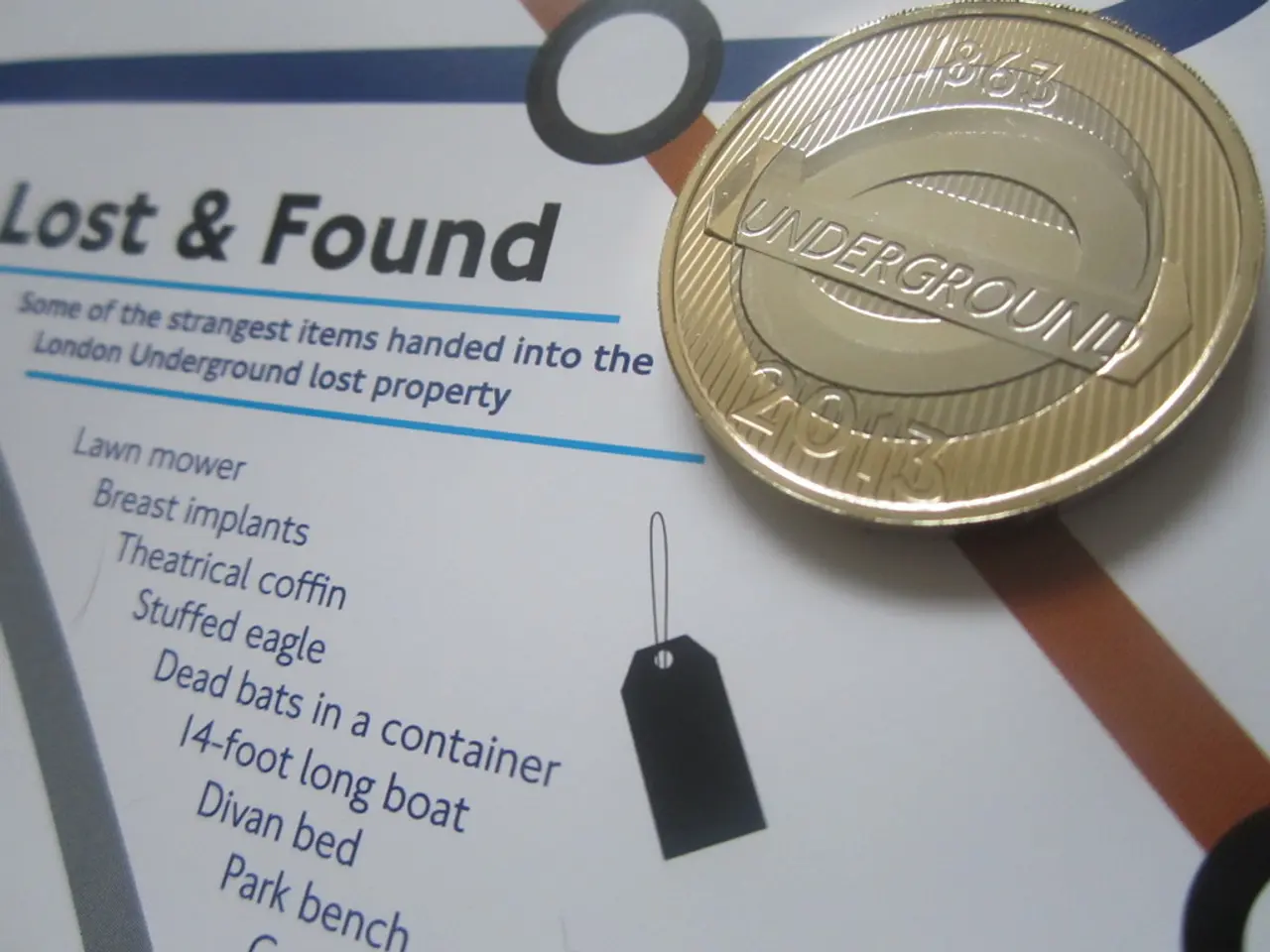Advertising Reduced Prices: BGH Rulings and Consumer Protection
Court Discussion on Price Reduction Advertisements (BGH) - BGH discusses potential discounted ad agreements
The Central Office for the Suppression of Unfair Competition isn't fooled by misleading ads. They took a marketing campaign by Netto to task, and the Higher Regional Court of Nuremberg mostly agreed. In September 2024, the court ruled that consumers were hoodwinked by the lack of clarity about the extent of the price reduction. Netto pleaded their case before the Bundesgerichtshof (BGH), to no avail.
Fast forward to the European Court of Justice (ECJ), which ruled in the same month that the advertised price reduction must be based on the lowest price of the past 30 days. This decision echoes the BGH's approach to advertising price reductions.
The BGH ensures advertisements offering price reductions are in accordance with the ECJ's mandate, national case law, and consumer protection directives. Here's a lowdown on their key regulations:
- Advertised reductions must be a true and verifiable discount compared to a previously valid price. The point of reference should be a price that the seller has sold the product for a reasonable period prior to the reduction, not an inflated or fake price designed to create an illusion of a bargain.
- The ECJ supports this stance, emphasizing the need for consistent consumer protection across member states. This drives toward truthful and substantiated price reductions.
- The Netto case underlined the principle that "price reduction" advertising must be based on actual former prices that applied for a period before the reduction. Temporary or nominal reference prices can't justify discount claims.
- The BGH's current regulations prohibit the use of short-term inflated reference prices or manipulated pricing histories to claim misleading discounts in advertising.
Recent investigations into algorithmic pricing and dynamic price controls by German regulators and the EU reflect a broader endeavor to maintain transparent and fair pricing practices across digital marketplaces. While the Bundeskartellamt scrutinizes Amazon's pricing mechanisms for potential abuse, this focus underscores the underlying principle upheld by the BGH: pricing information presented to consumers, including reductions, must be clear, fair, and based on real previous prices, not artificial ones generated by algorithms.
In the context of the BGH's regulations on advertising price reductions, the finance and business sectors are critically assessing their pricing practices. The BGH's key regulations require that advertised price reductions are genuine, verifiable, and based on actual previous prices, not artificially inflated ones generated by algorithms.







